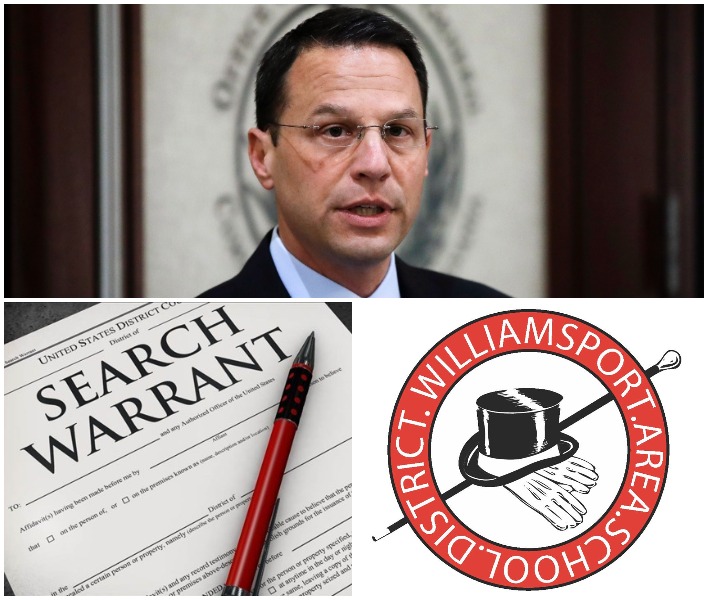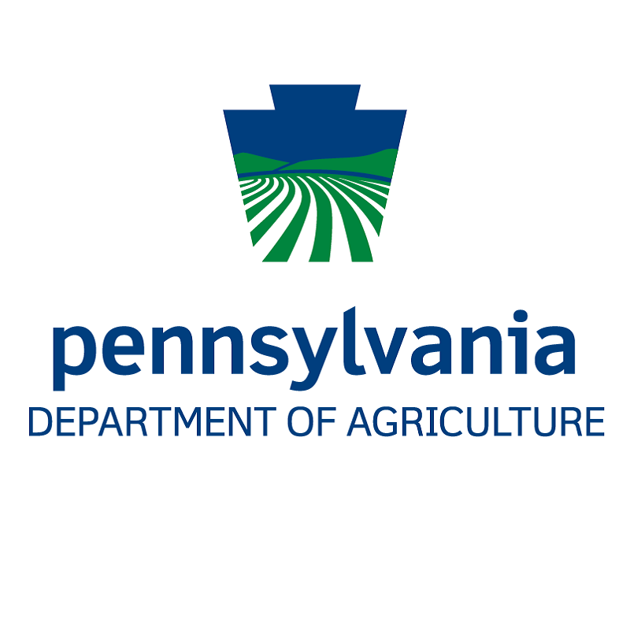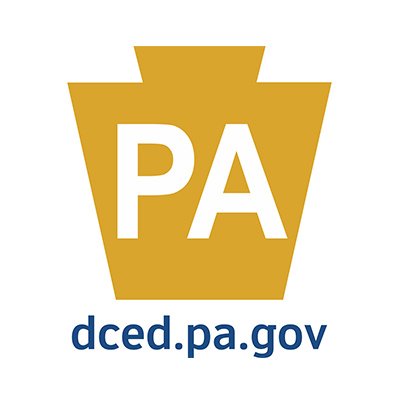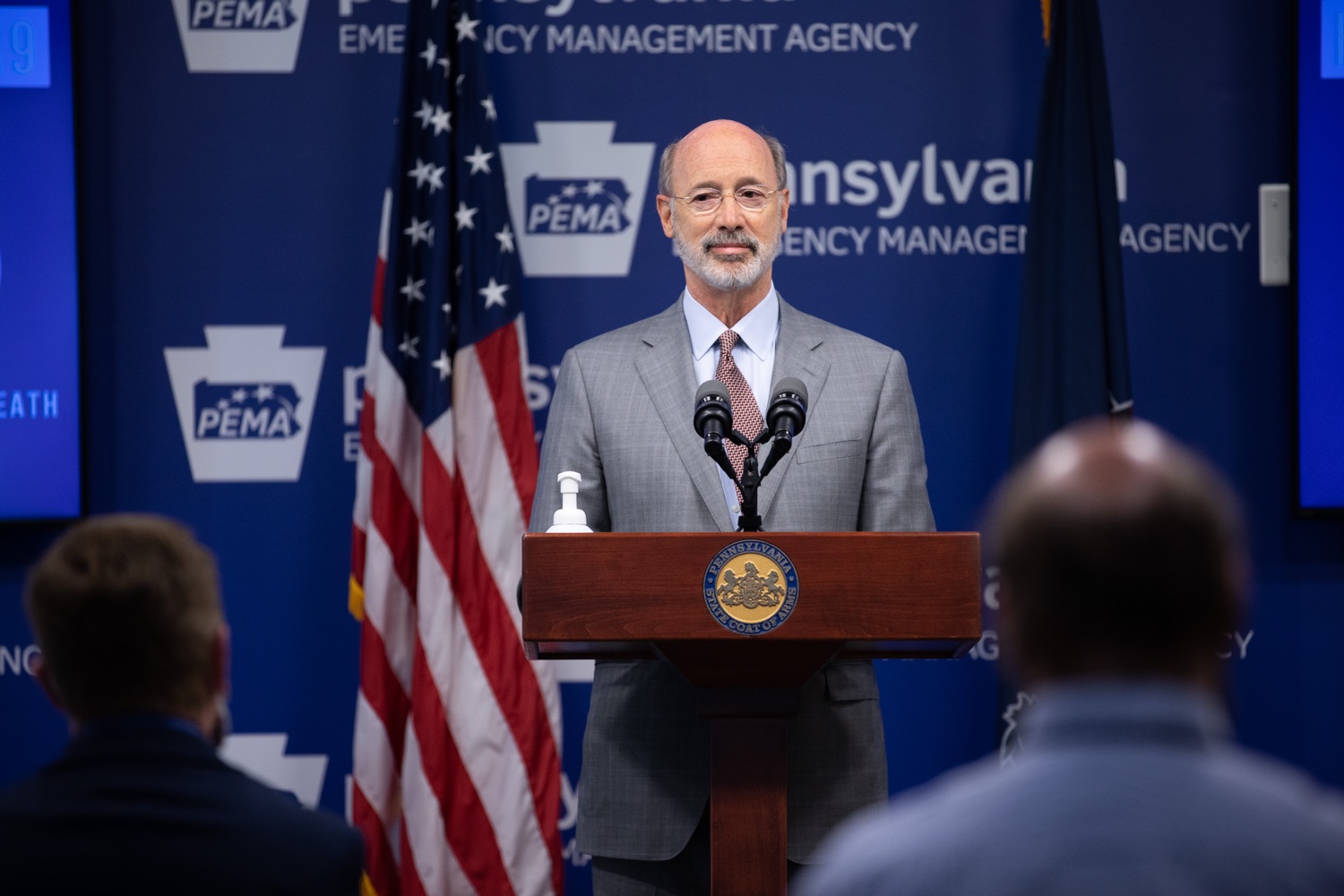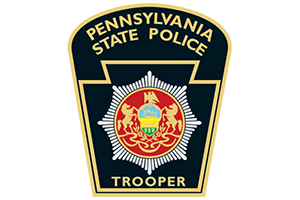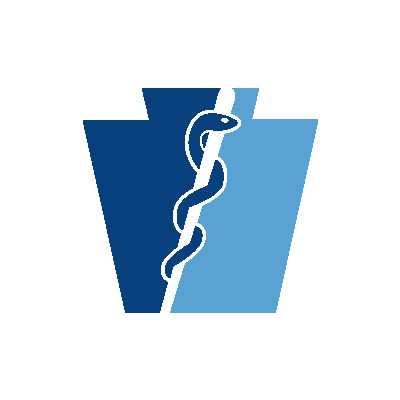Harrisburg, PA – The Pennsylvania Commissions on Women, African American, Latino, Asian Pacific American and LGBTQ Affairs, overseen by Gov. Tom Wolf, released a joint statement today honoring the life and work of Justice Ruth Bader Ginsburg.
Moriah Hathaway, executive director of the Pennsylvania Commission for Women, stated:
“Justice Ruth Bader Ginsburg was a champion for women and girls during her lifetime. She fought for equal pay, reproductive justice, LGBTQ equity and so much more. She always advocated for the most vulnerable and gave women a voice when they did not have one. Justice Ginsburg continuously upheld her commitment to the United States Constitution and the Supreme Court. The Pennsylvania Commission for Women will continue the work that she left behind. We know that the fight for equality and access to affordable health care remains unfinished. Justice Ginsburg said it best, ‘women belong in all places where decisions are being made.’ The Commission hopes to continue advancing the rights of women and girls across the state and the country to truly honor her legacy.”
Jalila Parker, executive director of the Governor’s Advisory Commission on African American Affairs stated:
“As a black woman, I thank Justice Ruth Bader Ginsburg for using her lived experience as a woman to shape her opinions granting women legal protection and precedent. The country has lost a partner in the civil rights movement in the passing of Justice Ruth Bader Ginsburg. Her landmark decisions and dissents moved us forward in protecting women and affirming our right to choose who we love, and acknowledged the complexities of our Constitution.”
Luz Colon, executive director of the Governor’s Advisory Commission on Latino Affairs (GACLA), stated:
“Justice Ruth Bader Ginsburg was a notable defender of Latino rights. She vehemently blocked the citizenship status question from the Census and was a fierce supporter of the Affordable Care Act that affects millions of Latinos. She opposed the partial derogation of the Voting Rights Act, which was intended to suppress the Latino vote, among others. Her famous quote is still relevant today: ‘Throwing out preclearance when it has worked and is continuing to work to stop discriminatory changes is like throwing away your umbrella in a rainstorm because you are not getting wet.’ In support of immigrant rights, she affirmed the decision that President Trump did not properly terminate the Deferred Action for Childhood Arrivals (DACA) program. She also advocated against the indefinite holding of immigrants in detention camps. The Latino people mourn the loss of a great Justice, warrior and advocate for our community.”
Stephanie Sun, executive director of the Governor’s Advisory Commission on Asian Pacific American Affairs, stated:
“Many Americans can recite the Pledge of Allegiance, and yet sadly, there appears to be so many Americans who do not understand the meaning of ‘liberty and justice for all.’ Justice Ruth Bader Ginsburg understood what it means to be an American and fought tirelessly for women’s rights – but more than that she fought tirelessly for the rights and equality of all Americans. She advanced justice for millions, including Americans of Asian and Pacific Islander ancestry. She is a true American hero, not just of our time, but for all time. Her passing has left an emptiness in the soul of our nation, but her spirit is awakening our commitment to the pursuit of justice.”
Rafael Álvarez Febo, executive director of the Pennsylvania Commission on LGBTQ Affairs, stated:
“The legacy of Justice Ruth Bader Ginsburg is one rooted in preserving and expanding the rights of all Americans. From her tireless pursuit of justice for women to her role in landmark Supreme Court decisions to guarantee marriage equity and civil right protections for LGBTQ individuals in the workplace, Justice Ginsburg had a deep understanding that laws should be tools to create a fairer and more just society. During such a tumultuous time in our county’s history her loss and the vacancy her passing creates on the highest court in the land cannot be understated. May her legacy also be a call to action for all Americans to mobilize and continue fighting for the rights we all deserve.”
The Commissions will continue to work closely with community stakeholders and Gov. Wolf to advocate for marginalized individuals and to honor Justice Ruth Bader Ginsburg’s legacy.

